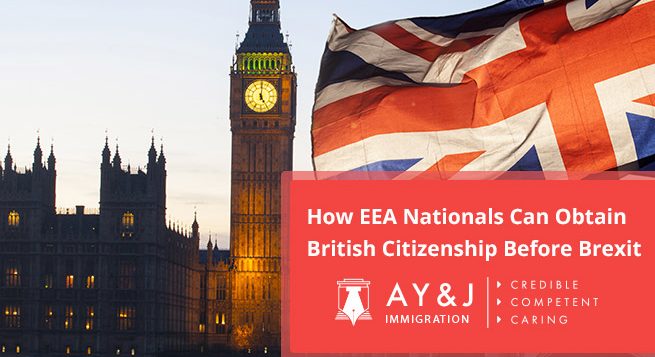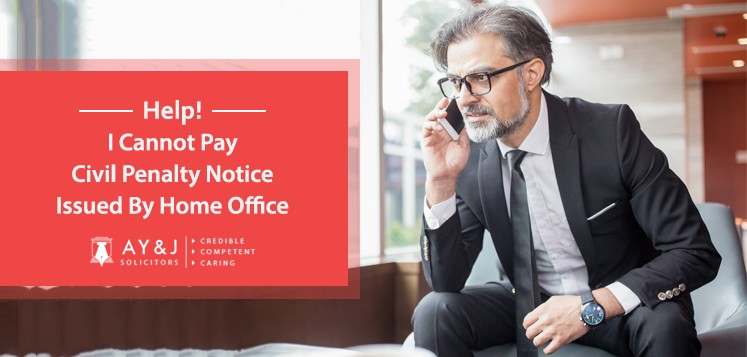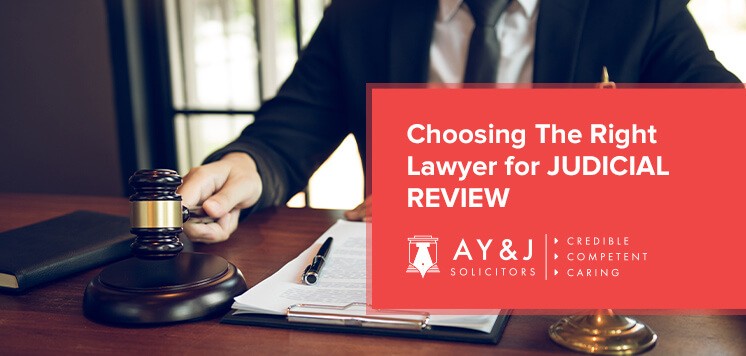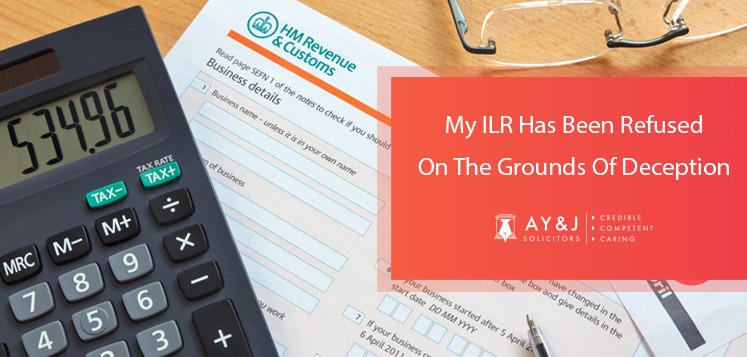Disclaimer: The information in this blog is accurate as of its publication date. Any updates after that date are not reflected here.
Since the Brexit vote, many EEA nationals living and working in the UK are evaluating their status and future plans. The British government has announced that post-Brexit, EEA nationals will be able to apply for ‘Settled Status’. However, although some aspects of this new residency status have been defined, many are unsure as to whether the all the promises made by Prime Minister, Theresa May, will stick after Brexit negotiations have concluded.
Because of this uncertainty, many EEA nationals are seeking to obtain British Citizenship. By doing so, they are ensuring that regardless of what happens with Brexit negotiations, their ability to live and work in the UK, free from visa restrictions, remains unchanged.
Table of Contents
What is the difference between permanent residence and a Permanent Residence Card?
As is often the case, things can get confusing when it comes to government rules relating to immigration. All EEA nationals who have lived in the UK and exercised Treaty rights for at least five years automatically have a permanent residence. To be exercising you Treaty rights, you must be:
- employed
- self-employed
- a student
- economically self-sufficient
A Permanent Residence Card does not grant any new rights on the EEA nationals who hold it. Instead, it merely provides documentary evidence that you have obtained permanent residency. Prior to the EU referendum in June 2016, most EEA citizens living in the UK did not bother to apply for a Permanent Residence Card because possession of one was rarely required.
Why do I need a Permanent Residence Card?
In 2015, the Home Office added a new requirement for those wishing to apply for British Citizenship. Now, you must live in the UK for at least five years, then apply for a permanent residence document which you must have for 12 months before applying for citizenship (also known as naturalisation). This means you cannot apply for citizenship until you have your permanent residence documentation, and have had your permanent residence status for at least 12 months.
Those who apply for citizenship without having a Permanent Residence Card will automatically be refused by Home Office, and your application fees and time will have been wasted.
Applying For Permanent Residence Status
You must meet the following qualifications before you apply:
- You have lived in the UK for five years
- You meet the qualifying requirements:
- Either working, attending school, self-employed, self-sufficient, or looking for work.
- OR you are the dependent of an EEA national who is a qualified person
- OR you were the dependent of a qualified EEA national, and you’ve received ‘right of residence’ (check with your immigration lawyer for confirmation).
- You must have documentation to prove your status in any of the above situations. Read more here about proving your right to live and work in the UK.
In addition, if you are exercising your Treaty rights as a student or as a self-sufficient person, you must have Comprehensive Sickness Insurance. Many Permanent Residence Cards have been refused by the Home Office because the applicant cannot show they have had Comprehensive Sickness Insurance for the entire period they have been a student or self-sufficient. Women who have left paid employment to look after children are particularly vulnerable to being caught out by this requirement.
How do I apply for British Citizenship?
The important number to remember when applying for British Citizenship is six years. This is the total time you need to live in the UK before you qualify for naturalisation. This is the sum of five years before receiving your Document Certifying Permanent Residence, and then one year with permanent residence status before applying for British Citizenship.
To obtain British Citizenship, you must also have satisfied the following requirements:
- you cannot have been outside the UK for more than 450 days in the past five years
- you cannot have been outside the UK for more than 90 days in the past 12 months
- you cannot be in violation of any UK immigration laws, and you must be of good character
- you can prove you will continue to live in the UK
- you have passed the Life in the UK Test and English language requirements
If your spouse or legal partner is a British citizen, there are different requirements. Parents can apply on behalf of children under 18 years. They will be exempt from having to sit the Life in the UK Test.
Sample Case Study
Jorge is a German national who has been working in the UK since Autumn 2011. He has decided to pursue British Citizenship so that he can continue to freely live and work in the UK, regardless of the political situation. He applied for his Document Certifying Permanent Residence in October of 2016 – exactly five years after he arrived in the UK. In October of 2017, he will qualify to apply for British Citizenship and should have his new passport before the end of the year.
If your application for British Citizenship is successful, you will be invited to attend a citizenship ceremony close to where you live. You will be allowed to take two guests with you. The fee at the time of writing is £80.
How A Y & J Solicitors can assist EEA nationals with applying for British Citizenship
At A Y & J Solicitors, we are experts in all areas of acquiring British Citizenship. We will take the time to understand your circumstances and quickly establish if you are eligible for naturalisation. If you are not, we can give you an action plan to enable you to acquire eligibility. This may include obtaining a Permanent Residence Card, and if this is the case, we can assist you with filling out the form and collating the required documents. If you do meet the criteria for applying for British Citizenship, we can send the application to the Home Office on your behalf and deal with any enquiries immigration officials may have.
For help from our award-winning team with applications, or any area of immigration law, please. Contact us today on +44 20 7404 7933, or email us at contact@ayjsolicitors.com.
Disclaimer: No material/information provided on this website should be construed as legal advice. Readers should seek an appropriate professional advice for their immigration matters.










